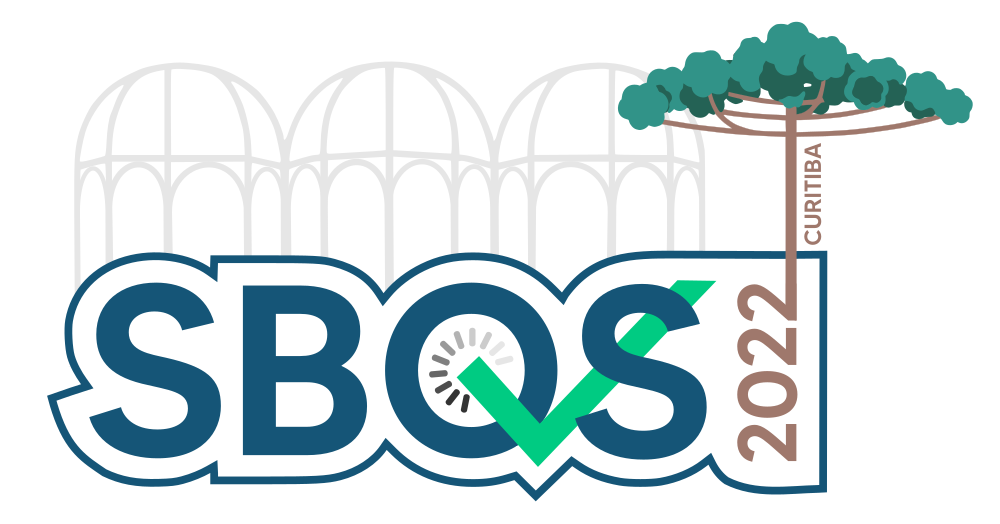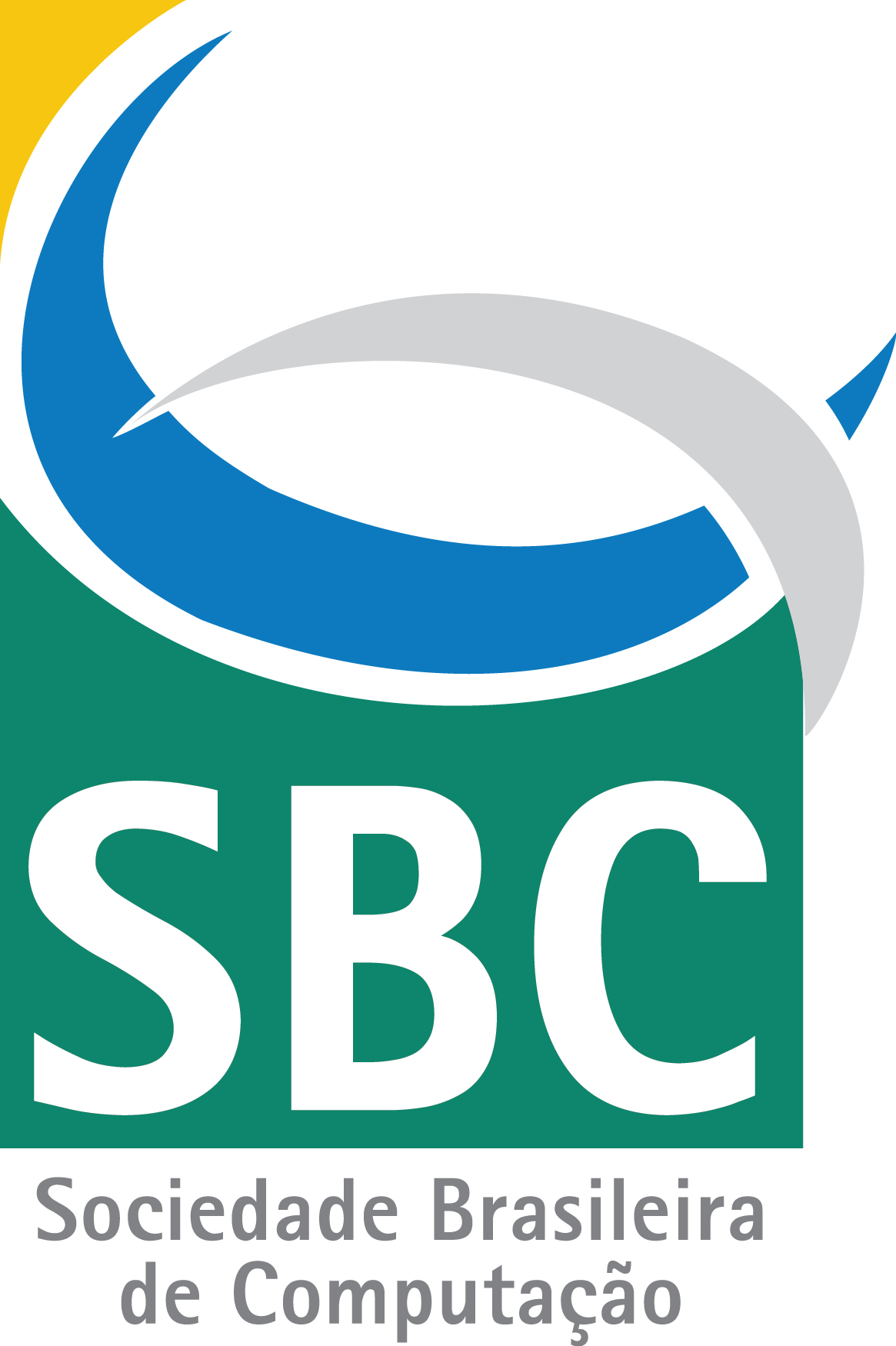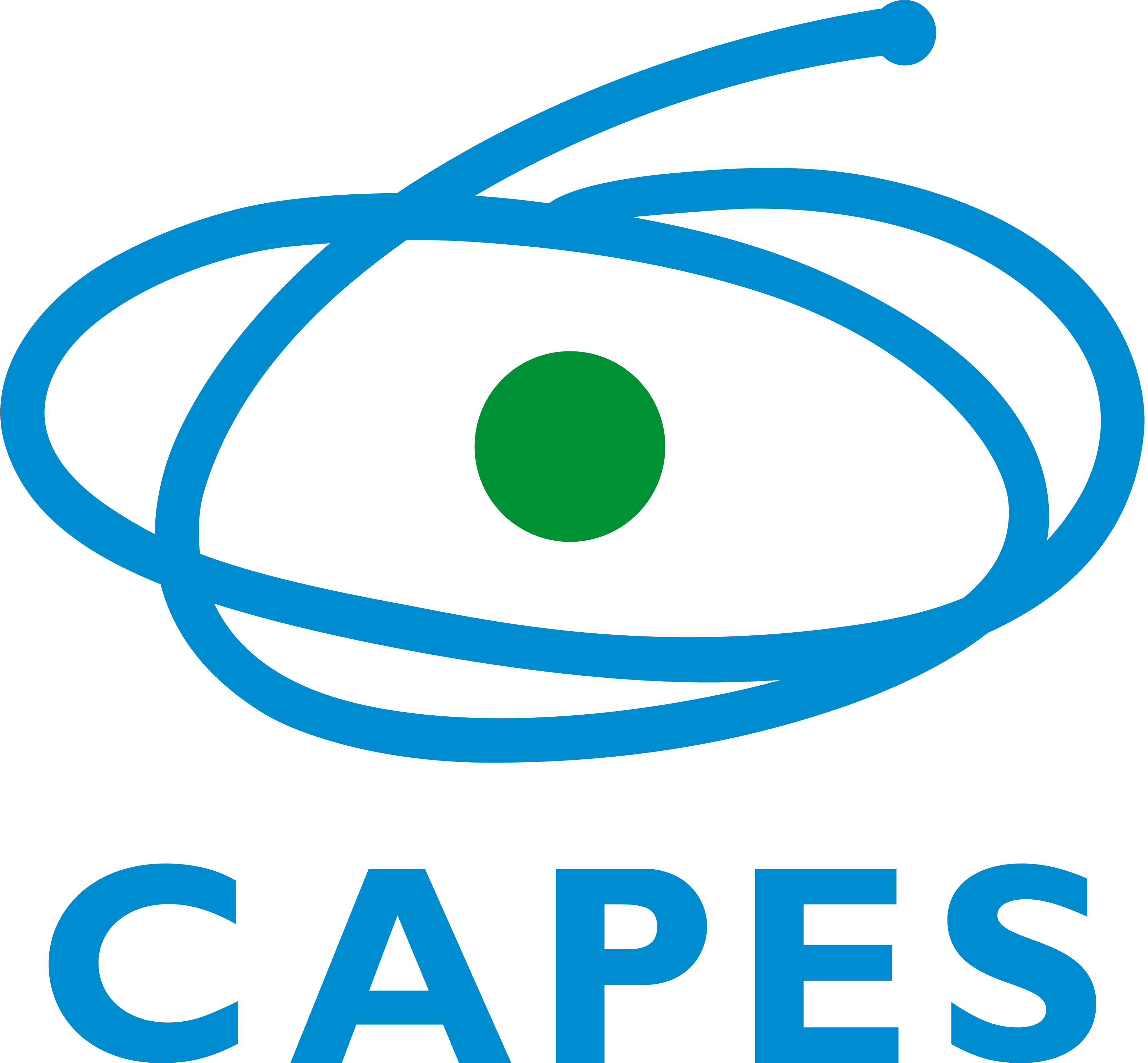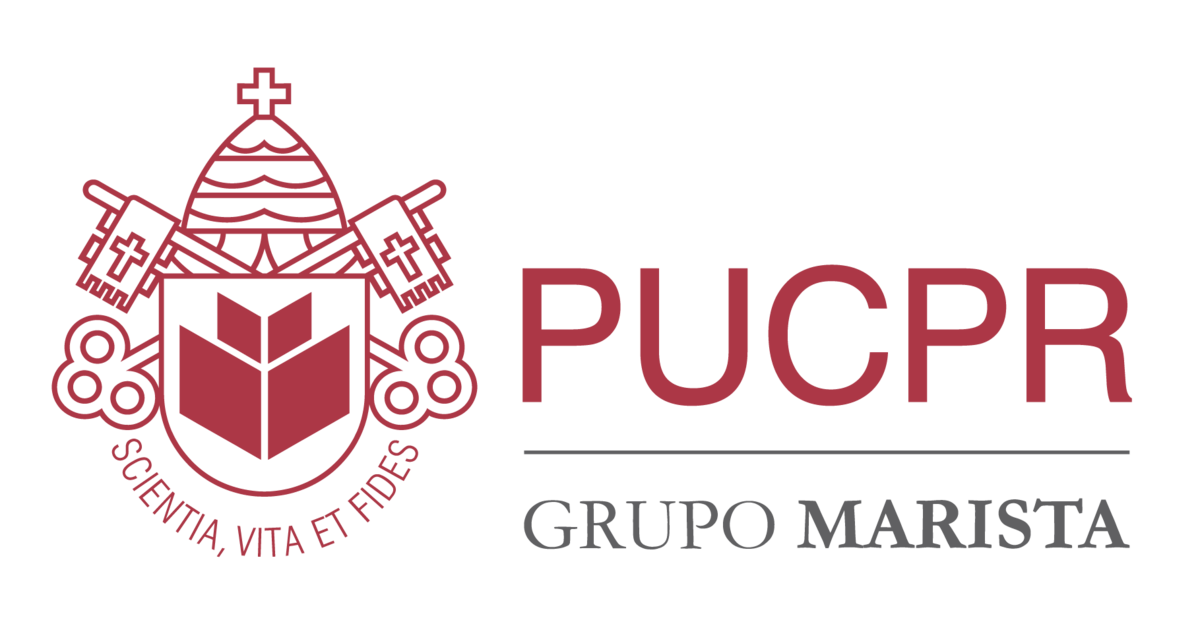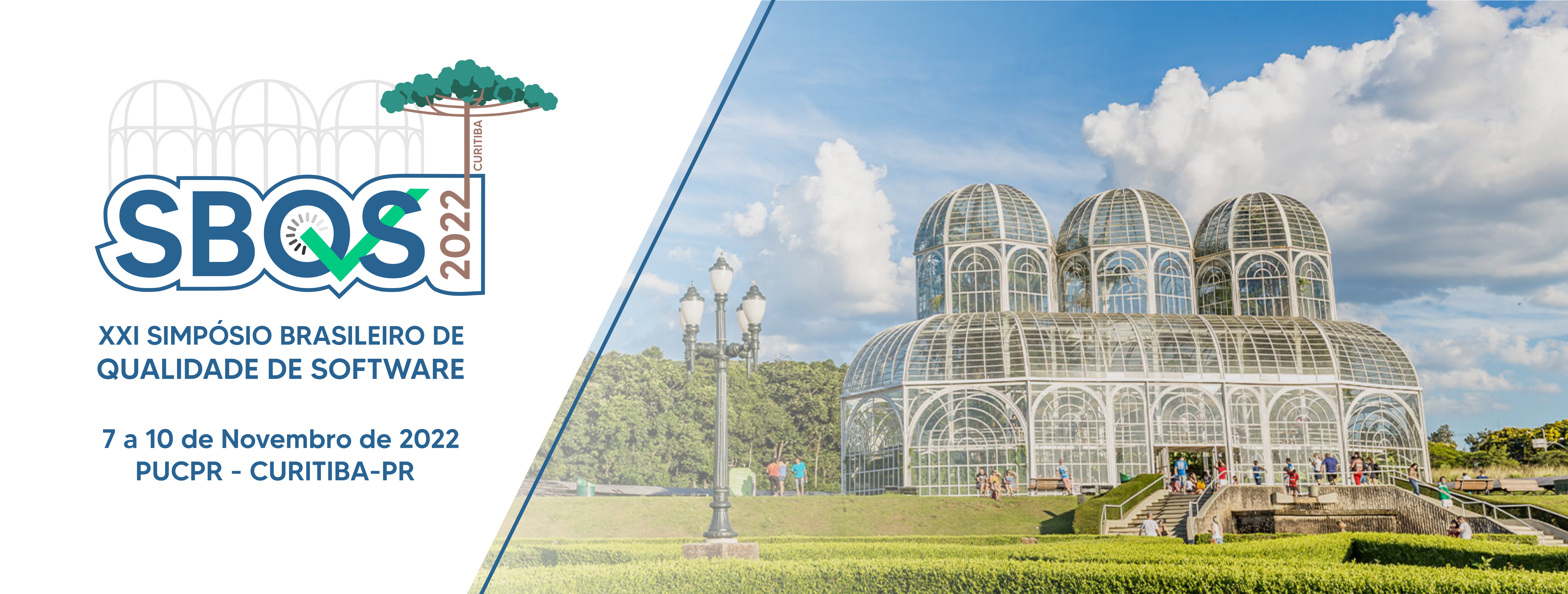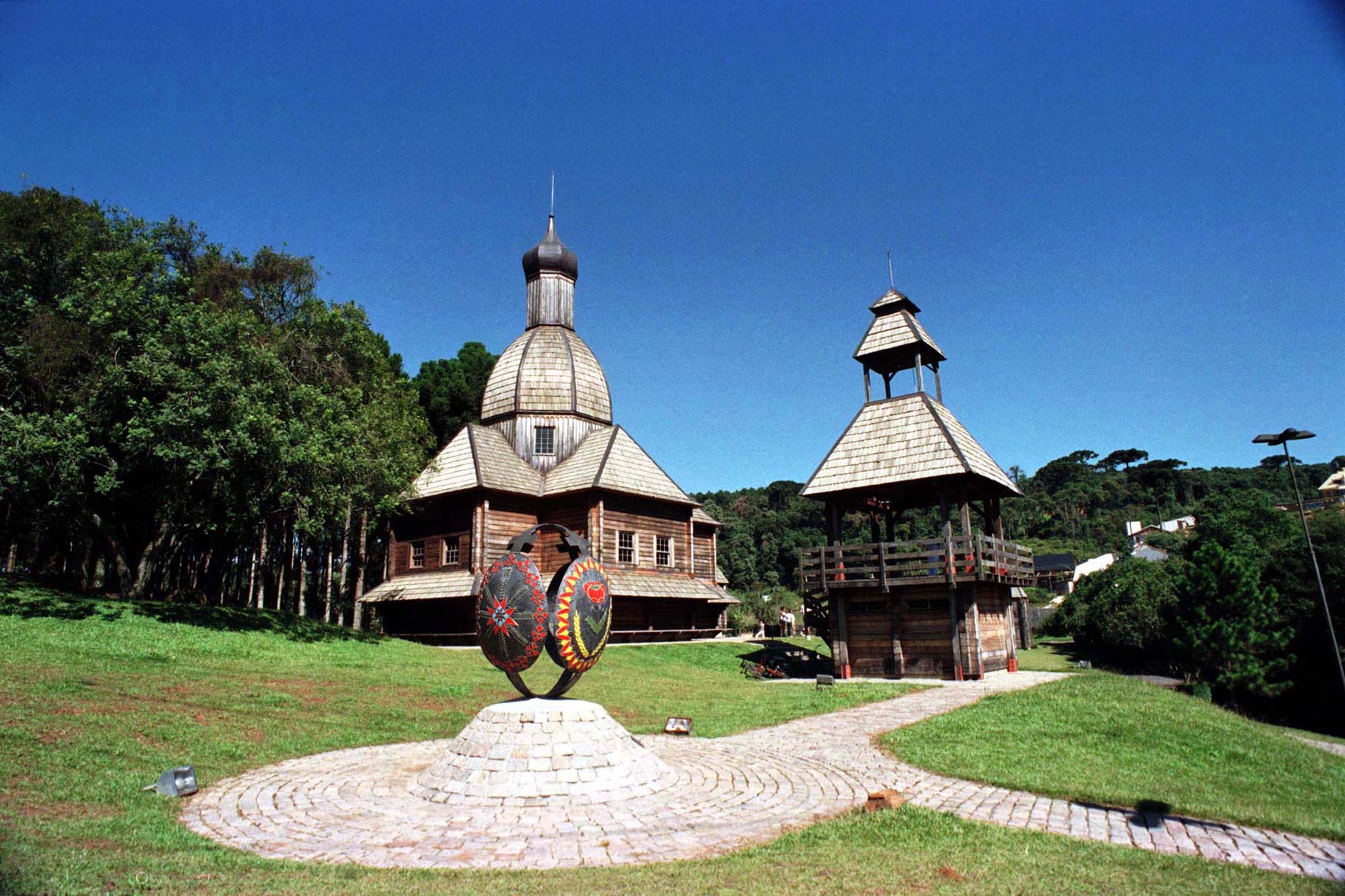CALL FOR PAPERS – SOFTWARE QUALITY EDUCATION TRACK
SBQS 2022: The 21st Brazilian Symposium on Software Quality
November 7th to 10th, 2022, Curitiba, Paraná, Brazil
THE SBQS
The Brazilian Symposium on Software Quality is the main Brazilian forum devoted to Software Quality. Software quality manifests in two complementary and dependent aspects: Process Quality and Product Quality. Due to the current dependence on software and value-added services, research on software quality and its application to products and services is both a necessity and a differential to provide value to organizations and their business.
Since its conception, SBQS has focused on the exchange of experiences between academia and industry, providing an environment where researchers, educators and the community of practice of Software Quality and Software Engineering meet to present and discuss ideas, experiences and findings, aiming at innovation with the potential to positively influence the software industry.
Aim and Scope
The SBQS Education Track is looking for contributions that address challenges, innovations, and best practices in Software Quality education. We are interested in discussing how to promote significant learning concerning Software Quality to future software quality professionals and researchers.
Topics of Interest
Submissions on all topics related to Software Quality education are welcome. We are particularly interested in papers addressing curriculum development, empirical studies, best practices, personal or institutional experiences, and conceptual or theoretical work. We are open to a wide range of topics, including (but not limited to):
- New and innovative best practices for software quality education
- Methodological aspects of software quality education
- Innovative curriculum or course formats
- Teaching of software quality in Software Engineering courses, Computer Science courses, Information Systems courses, Information Technology courses and others
- Teaching of processes, methods, techniques, and tools for software quality
- Use of active learning methodologies for software quality education
- Problem-based teaching/learning in software quality
- Tools and methods for evaluating software quality learning
- Use of tools, simulators, and games in software quality education
- Use of games and competitions (“gamification”) in software quality education
- Integration of practical experiences into software quality education
- Educational research methods in software quality education
- Research and practice synergies for software quality education
- Interdisciplinarity in software quality education (with other disciplines and courses)
- Innovative methods to keep professors updated for teaching software quality
- Methods for e-teaching/e-learning in software quality
- Education in software quality that stimulates entrepreneurship
- Cooperation in software quality education between industry and academia
Evaluation Criteria
Papers on this track will be reviewed based on their originality, relevance, technical soundness, and clarity of presentation.
Important Dates
- Paper registration (abstract submission): July 18th, 2022 July 25th, 2022 August 1st, 2022 (hard deadline)
- Paper submission: July 25th, 2022 August 1st, 2022 (hard deadline)
- Rebuttal period: August 29th to September 4th, 2022 September 6th to September 12th, 2022
- Notification of acceptance: September 17th, 2022 September 25th, 2022
- Camera-ready version: September 24th, 2022 October 2nd, 2022
Manuscript Preparation and Submission
All submissions must be in PDF format and must follow the two-column ACM format for conferences (Interim template), available in ACM SIG Proceedings Templates. The use of LaTex (sigconf) is strongly recommended. In this case, authors should use the acmart.cls class provided in the template with the conference format enabled in the preamble of the document: \documentclass[sigconf]{acmart} and also apply the ACM-Reference-Format.bst bibliography style provided in the template: \bibliographystyle{ACM-Reference-Format}.
If authors choose to use the Word format, they should be aware of the fact that the two-column version (Interim Template) must be used for the submission. However, this is an outdated version of the ACM and, if the paper is accepted, the authors will have to move to the new simple column format (ACM Primary Article Template - Microsoft Word: Mac 2011, Mac 2016 and Windows) and deal with macro errors when importing into the ACM system until the paper version is correct and validated.
They must be no longer than 10 pages, including all figures, tables, appendixes, references and acknowledgment. Papers must be submitted electronically through the JEMS system.
Papers should be written in Portuguese or English. Submissions in English are strongly encouraged. As in the last editions, the proceedings of the event will be indexed online.
Submissions that are not in compliance with the required format or that are out of the scope of the Software Quality Education Track will be rejected without review.
The review process includes a rebuttal period in which the authors will have access to the reviewers’ comments and may argue and answer questions from the reviewers before the final acceptance/rejection decision.
The acceptance of a paper implies that at least one of the authors must register to SBQS, including the respective publication fee(s), to present it during the event and that authors must provide extra files required by the general chair (for example, the previous presentation video following the requested format by SBQS). Additionally, for the purpose of speeding up the publication process, authors of accepted papers must fill some forms requested by the proceedings chair on specific dates.
Papers submitted to the SBQS Education Track must not have been simultaneously submitted to any other forum (conference or journal), nor should they have already been published elsewhere.
Best Paper Award
SBQS rewards the best paper of each track every year. The Track Chairs and SBQS Steering Committee will choose the winning papers from the Program Committee reviews. The award-winning papers are announced at the event.
Authors of the best papers are invited to submit extended versions for publication in a special issue of the Journal of Software Engineering Research and Development (JSERD).
Program Co-Chairs
Bruno Gadelha (UFAM)
Ismayle Santos (UFC)
SBQS Steering Committee
Adriano Bessa Albuquerque (UNIFOR)
Gleison Santos (UNIRIO)
Ivan Machado (UFBA)
Rodrigo Santos (UNIRIO)
Monalessa Perini Barcellos (UFES)
Sheila Reinehr (PUCPR)
Tayana Conte (UFAM)
Proceedings Chair
Crescencio Lima (IFBA)
Education Track Technical Program Committee
Ana Regina Rocha (COPPE/UFRJ)
Anna Beatriz Marques (UFC)
Auri Marcelo Rizzo Vincenzi (UFSCar)
Awdren de Lima Fontão (UFMS)
Christiane Gresse von Wangenheim (UFSC)
Crescencio Lima (IFBA)
Danilo Monteiro (ZUP Innovation)
Davi Viana (UFMA)
Edna Dias Canedo (UnB)
Edson Oliveira Jr (UEM)
Eduardo Figueiredo (UFMG)
Elisa Nakagawa (ICMC-USP)
Emanuel Coutinho (UFC)
Fernando Kenji Kamei (IFAL)
Giani Petri (UFSM)
Gleison Santos (UNIRIO)
Heitor Costa (UFLA)
Hudson Borges (UFMS)
Ivan Machado (UFBA)
Jean Hauck (UFSC)
Luís Rivero (UFMA)
Monalessa Perini Barcellos (UFES)
Monica Anastassiu
Rodrigo Reis (UFPA)
Rodrigo Santos (UNIRIO)
Sandro Ronaldo Bezerra Oliveira (UFPA)
Sheila Reinehr (PUCPR)
Simone Souza (ICMC-USP)
Simone Vasconcelos (IFF)
Valéria Lelli Leitão Dantas (UFC)
Valdemar Vicente Graciano Neto (UFG)

